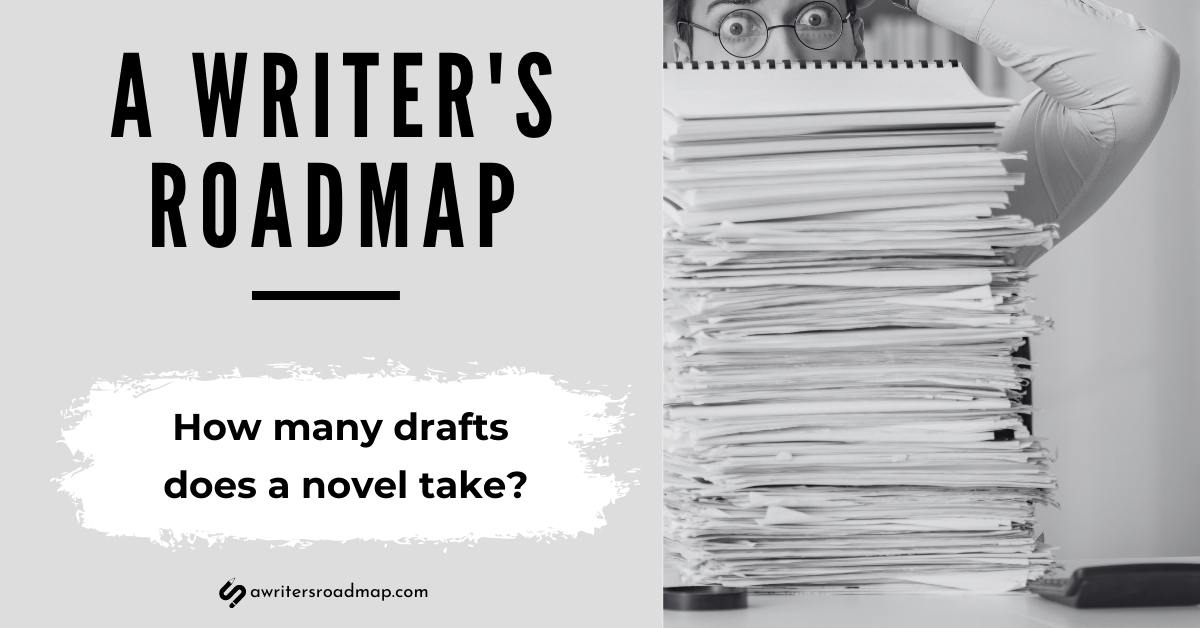Or, How NOT to Write a Novel.
Here, to celebrate Hallowe’en, is the story of 13 drafts of my historical novel, A WORLD OF LUNATICS, set in 1889 Paris at the International Exposition, with Mr. Thomas Edison as the villain (because he was!):
1st draft—a dog’s breakfast; the story told from four points of view. Big holes. Barely a draft. Set in Dijon, France, in the summer of 1890. Tons of research on Japanese history, Victorian times, social structure, food, clothes, gadgets, weather, blah blah blah
2nd draft—a dog’s lunch. Took away two of the four points of view and added a new one, a bit character named Alec Ferguson, who worked as an illustrator for a London newspaper. Moved the year to 1889 and the setting to the Paris International Exposition. Formatted wonky with font changes and extra spacing, lots of notes. Ferguson spends the first third of the novel in bed, practically.
3rd draft—still three points of view (Ferguson and 2 others). Reads sort of like a novel, but not really. Scattered, strange, had some fun elements like Mexican silver and a map case, but everyone was a cartoon. Notes to self, scenes missing. This is when the working title became FRENCH TRAIN.
4th draft—Started over in a blank word document. Didn’t refer to the first three drafts. Put it in one point of view, Alec Ferguson’s. Used a spreadsheet to track scenes. Ferguson is still a total wastrel—drunk, has left his son alone, takes the box, etc.—but many scenes are fully fleshed. Sub-villain is now short and muscular with a giant head (he used to be tall and thin like Abraham Lincoln). Ending is all narrative summary and scene fragments.
5th draft—Cut the first five pages. Tried to get deeper into every moment on the page. Members of my writing group critiqued it. I discovered Ferguson was passive and unsympathetic. Thought about who I should kill—him, or myself?
6th and 7th drafts—A slow progression of experiments. Cut scenes, changed the order, fiddled around with pacing. Still working on character. Cut lots of Ferguson’s stupidity in early chapters, changed scenes to give him more agency. Started querying agents. Changed the title to THE EDISON BRIEF.
8th draft—Massive restructuring from the last draft, aimed at improving the pace. Revised to expand the ending a wee bit. Started querying. In a nine-month period (still revising the novel), I submitted to 29 agents, got 10 requests for full manuscript (which at the time was a very good result), two phone calls from agents, and an offer of representation. Got a wonderful agent!
9th draft—A polishing, plus added one scene near the end, set in the Buffalo Bill show in Paris.
10th draft—a mis-step. Revised the plot, added scenes to create misdirection and have the major bad guy’s role come as a surprise. It didn’t work. It’s really a story about a man who runs away from his son. It’s not really a genre novel (not a mystery, not a thriller). My agent and a trusted reader said they liked the earlier version better. Tried not to panic.
11th draft—Things got physical. Printed the novel landscape, 2 columns, single space. Guillotined the pages, hole-punched them, bound them between cardboard covers using zap straps. Read it like a book. Saw where the problems lay. Panicked. Made a list of things to do. Printed out one chapter at a time and posted it on my office wall. Paced around and highlighted on each page who wants want, what’s preventing it, and what they do. Got this from a Jerry Cleaver book called Immediate Fiction. Rewrote each scene like this. Some hardly changed. Didn’t show this draft to anyone. Let it sit for a few weeks.
12th draft—Got a little less intense with some of the want/obstacle/action stuff. Let the scenes breathe. Brought back some messiness. The novel went on submission. Didn’t get picked up, though it came VERY CLOSE at New American Library (a Penguin imprint)–went up the editorial ladder before getting a ‘no.’
Lesson to be learned: Don’t write three full drafts before you decide who your POV character is.
Updated in 2023–What the future holds: No idea! Even in the nine years since this novel was on submission, traditional publishing has changed quite a bit. It used to be that a request for full meant that the agent would read the full manuscript and send you a personal note about it even if they decided it wasn’t for them. Now my understanding is that if the novel’s high-concept, or even just very interesting, agents will request the full manuscript but perhaps not read it, or will read some of it and send a form rejection.
Regardless, I am writing another historical novel now, with some of the same characters–this one from a woman’s POV and set in 1893 Chicago, at the World’s Columbian Exposition. They still had human zoos in 1893, still believed in eugenics and scientific racism. At least some did. Britain and America were still a patriarchy and still full of bizarre beliefs about women and attempts to control them and their bodies. When I say “still,” it’s like time’s going backwards.
That’s what I love about writing historical fiction–it gives me perspective.

